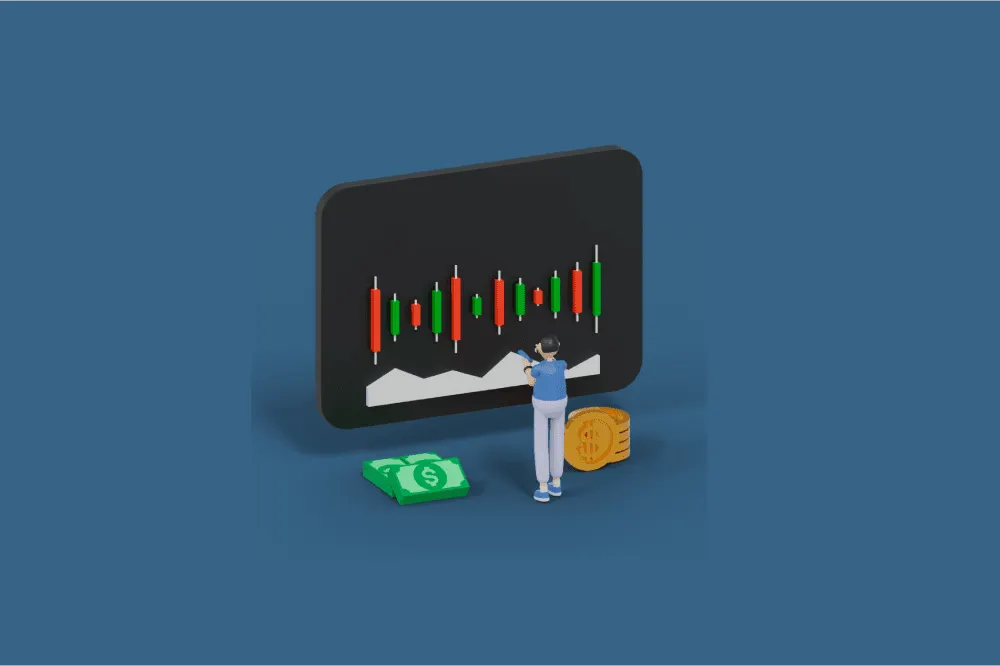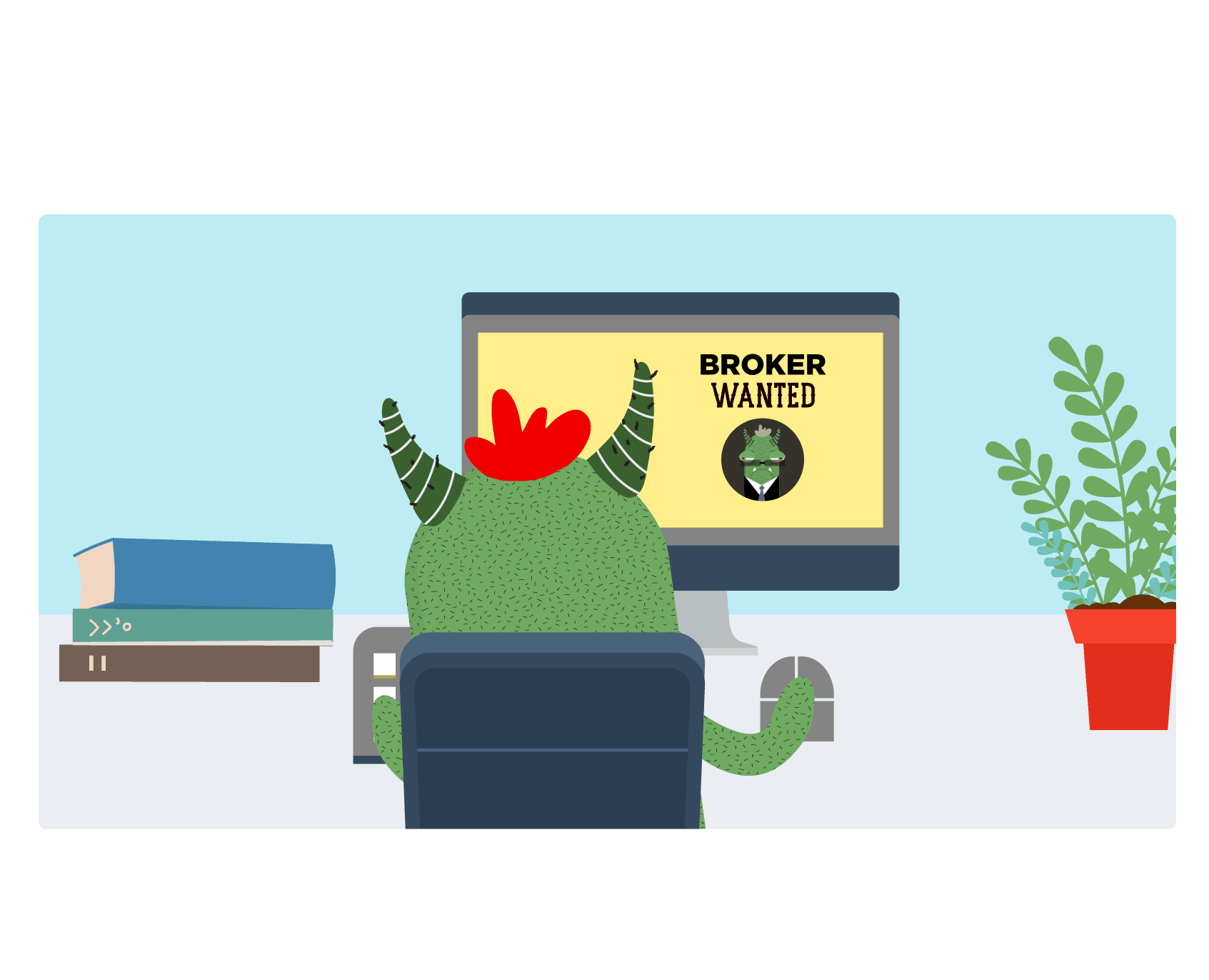Our partner, XM, lets you access a free demo account to apply your knowledge.
No hidden costs, no tricks.

Financial brokers make money from the spread, which is the difference between the bid and the ask price of a security. However, an increase in the global interest in trading forced some of the best FX brokers to lower their fees to attract as many traders as possible.
You are now more likely than ever to see Forex brokers with zero spreads, where traders can buy and sell different currencies and pay zero trading fees to the broker. Many traders question the legitimacy of such brokers since it does not sound logical for a broker to work for free.
Most zero-spread FX brokers give direct access to the Forex market using ECN or DMA trading accounts. The brokers make their money from imposing different commissions and fees, that are not related to the traded asset.
In the following, we will reveal more details about Forex brokers that offer accounts with 0 spread, how they work, and what you need to know before signing up with such a broker.
The spread is one of the most important terms to know in financial trading. It refers to the difference between the ask and the bid price, and it is one of the many ways that financial brokers make their income.
Online Forex trading has grabbed the attention of many traders in the last couple of years, which has motivated some top FX brokers to drop some of their fees. As a result, brokers may not charge direct fees, but rather incorporate the charges in the spread.
Since the spread is one of the main determinants that influence a trader’s decision to go with one broker rather than another, FX brokers strive to offer the tightest spread range over different currency pairs in order to draw as many clients as possible.
Recently, some top FX brokers have gone beyond that and started offering trading accounts with zero spreads. This means that the broker does not add their markup price to the real market prices, and they allow traders to execute orders in the financial markets directly based on the spot price.
Such brokers are known as ECN or STP brokers where the trader can interact directly with the market. This allows traders to avoid some trading fees that might be charged by the broker.

As the name suggests, zero-spread FX trading means that investors can buy and sell currency pairs in the Forex market using the direct market prices, without any spread imposed by the broker.
Trading in Forex with 0 spread helps the traders to identify the entry and exit points in a much easier way. It saves them time since they do not need to calculate the broker’s markup price and commissions while they execute different trading orders.
Some might argue that it is not possible for brokers to offer zero spreads and that a broker cannot operate without these earnings. This could be a red flag for some. However, it is theoretically possible to trade with zero spreads.
The bid and the ask prices in the market fluctuate in response to market activity, according to the rules of supply and demand. Ideally, when the demand and supply are equal, the bid and the ask prices balance each other and the spread equals zero.
However, in real-life trading, such an occurrence rarely happens, and if it happened, it would not last more than a few seconds, which makes it difficult for traders to execute market orders in time.
Therefore, investors need to use a direct market access trading account and place orders when the spread is as tight as possible, or zero, where the broker cannot add their price markup.
It looks ideal to trade without any trading fees, right? Well, brokers must make money somehow, so you are more likely to face other types of charges. Even the best FX brokers that offer 0 spreads have certain requirements that need to be fulfilled before you can start trading with a zero-spread trading account.
Some brokers may require a high first deposit before you start trading in direct market access accounts. This makes it difficult, or even impossible, for traders with limited budgets to benefit from zero-spread trading.
Additionally, some zero-spread brokers charge flat fees on every entry and exit from the market, and if you do not make enough money from the trade, you will end up paying more fees than you would have paid in case of a spread.
Paying flat fees on both sides of the trade can be excessively harmful to Forex scalpers, who open and close several market positions in a short period of time. If scalpers paid fees every time they enter and exit the market, it just would not make sense to trade at all, as all their profits would get swallowed up by the fees.
Thus using a Forex broker with zero spread requires attention to detail. Why? Because you do not want to fall victim to fake marketing. If it looks too good to be true, it might be just that. We recommend trading Forex with zero-spread accounts only when you are sure you are going to make huge gains in the market.
Finding a good financial broker that offers no spreads can be a great opportunity to maximize your profits. However, you need to be extra careful of the brokers offering such services.
You might encounter some brokers who say the spread starts from zero, which means that it might be zero for less than a second, and by the time you place your market order it changes well above that.
Or you might face some brokers with changing spreads, and you decide to place your market order whenever the spread reaches zero, it is very possible for time slippage to occur and your market position will open at a different price than what you intended.

You need to consider several issues before you sign up with an FX broker that offers zero-spread accounts.
Licensed brokers are more likely to have consistent offers. In addition, they are under constant scrutiny from regulators, so they cannot manipulate traders with fake offers, otherwise, they are risking their business.
The best Forex brokers hold different legislative licenses such as CySEC, FSCA, FCA, or ASIC. Seeing any of these licenses on a broker’s website makes it safer than unregulated brokers.
We do not recommend trading with any unregulated broker. Companies that are not licensed are more likely to lure traders with good-looking offers, while in reality, they end up stealing your money and vanishing overnight.
After you find a regulated broker, check the types of accounts offered by the broker. Ideally, you are looking for a broker that offers zero-spread trading accounts, ECN, STP, or DMA trading accounts.
The ECN, STP, or DMA trading accounts enable you to trade in Forex with 0 spread. In this case, the broker cannot impose their markup on the spread given by the market.
An Electronic Communication Network (ECN) or Straight Through Processing (STP) account in Forex connects you to an anonymous server that exposes you directly to a pool of market makers and securities.
Even if you find the best regulated 0 spread brokers in Forex, you need to make sure their offer is suitable for you. Brokers usually impose different fees when it comes to trading with a low spread.
Brokers may charge you a flat fee every time you enter or leave the market or unreasonable withdrawal fees when you decide to cash out from their platform.
For example, if a broker charges high fees on both sides of the trade, you need to make enough gains to offset these fees. If the trading session was not sufficiently profitable, you might end up paying more entry/exit fees than your profits, and you end up losing money.
Once you have checked the broker and found a suitable offer for you, it is recommended that you try it out with a small amount before you just jump in with everything.
This way, you can find what worked best for you, and determine how suitable it is to trade with this broker. Testing with a small amount of money is a good idea because you are able to see how it goes, and after that, you can trade with a larger sum of cash.
Trading with 0 spread accounts in Forex seems like the best way to maximize your gains. However, not every trader prefers this. There are a few drawbacks associated with zero-spread accounts. Let's look at some pros and cons:
Our partner, XM, lets you access a free demo account to apply your knowledge.
No hidden costs, no tricks.
Yes, some brokers offer a trading account with 0 spread, which means that the broker does not add a markup on the spread offered by the Forex market. However, a broker may impose other types of fees, such as entry and exit fees, or high deposit requirements.
The spread is the difference between the bid price and the ask price, and it is one source of income for brokers. Usually, brokers add their costs into the spread. When you open a market position with the broker’s spread the bid price might be higher than the direct market bid price.
Forex brokers with zero spread impose different types of fees. Usually, they impose a flat fee every time you open or close a market position. Sometimes these fees can be higher than what a broker might have made by adding their fee to the spread, forcing the trader to make larger profits in order to cover the fee.